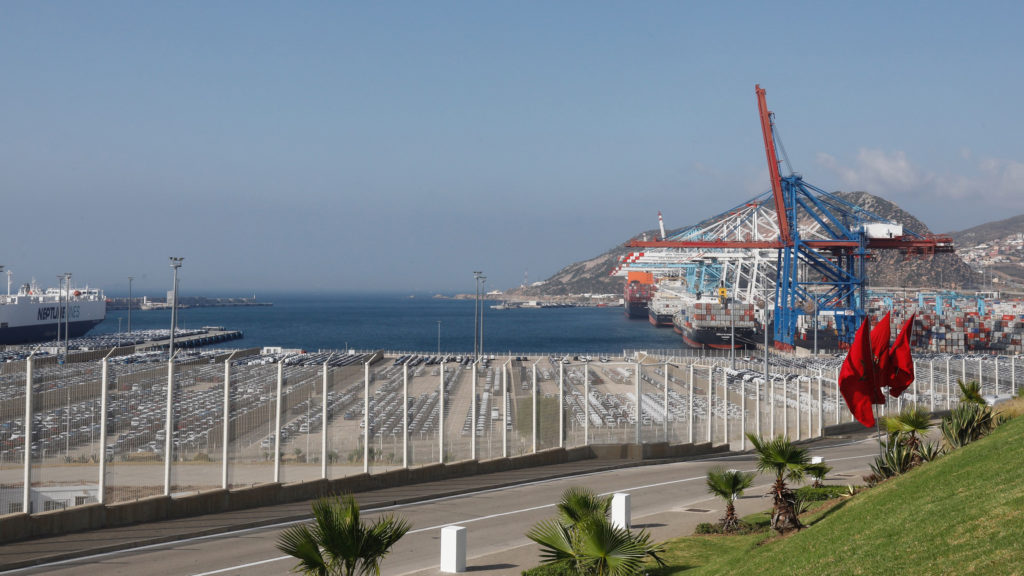São Paulo – The Brazilian government is interested in resuming negotiations for free trade agreements between Mercosur and Arab countries such as Morocco, Tunisia, and Lebanon. Negotiations with these countries began but have not yet been concluded. Brazil has been in the pro-tempore presidency of Mercosur since July, and the Brazilian Ministry of Foreign Affairs informed ANBA via e-mail in mid-August of its willingness to continue the talks. Pictured above, a port in Morocco.
“Mercosur aims to strengthen its trade relations with Arab countries and believes there would be great complementarity of interests in free trade agreements with these partners,” said the Ministry. The bloc formed by Brazil, Uruguay, Paraguay, and Argentina only has a free trade agreement with one Arab country, Egypt. It went into effect in September 2017 after a long period of negotiations.
The Ministry also informed that, through its embassy in Rabat, it is consulting Moroccan authorities on the possibility of resuming the dialogue on trade negotiations with Mercosur, interrupted in 2018. Brazil is also eager to continue the talks with another Arab country, Tunisia. “The free trade agreement negotiations between Mercosur and Tunisia were suspended in 2017. Mercosur is interested in resuming them as soon as there is space in its negotiation schedule,” stated the Brazilian Ministry of Foreign Affairs.
As ANBA already reported, Mercosur has also started negotiations for a free trade agreement with Lebanon. Talks were interrupted due to the pandemic outbreak but were resumed in December of last year. As pro-tempore president of the bloc and coordinator of negotiations for Mercosur, Brazil intends to hold a new online negotiation round this semester and expects to conclude the agreement in 2022.
Palestine
A treaty was also signed in 2011 between Mercosur and Palestine, but ratification by the other bloc members is pending for it to enter into force. The Brazilian National Congress approved the agreement in September 2018. According to the Ministry, it includes trade in goods, origin regulations, bilateral safeguards, technical regulations, assessment and compliance standards and procedures, sanitary and phytosanitary measures, technical and technological cooperation, institutional provisions, and dispute settlement.
“The agreement’s offers of market access for goods provide for the waiver of tariffs for virtually all trade between the parties, with a reduction period of up to 10 years. The agreement also has an evolutionary clause, which provides for the possibility of future understandings in matters of services and investments,” reported the Ministry.
Translated by Elúsio Brasileiro




